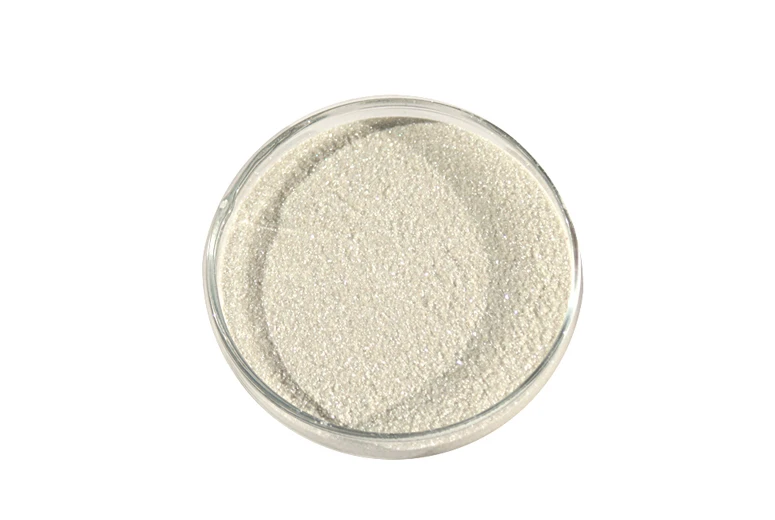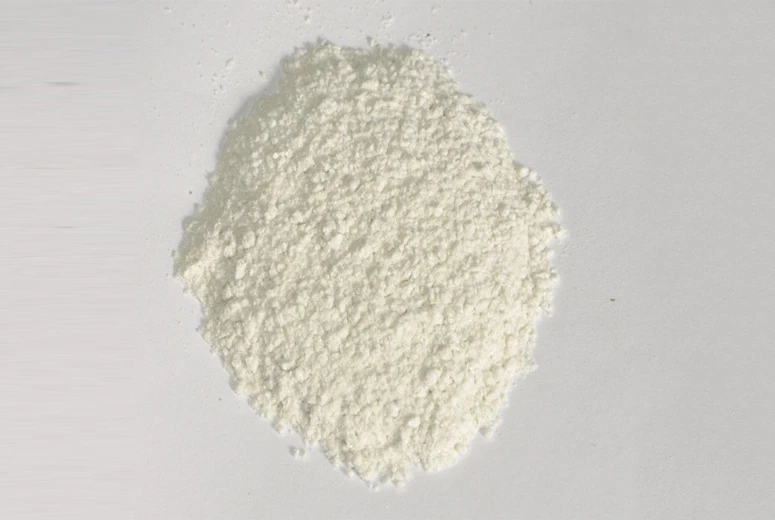Modified Plastics
Our range of plastics and rubber products offers unparalleled versatility and durability for various applications across multiple industries. Our high-quality plastics are designed to withstand harsh environmental conditions, making them ideal for automotive, aerospace, and construction uses. We provide a variety of plastic types, including polycarbonate, polyethylene, and polypropylene, each engineered to meet specific performance criteria.
In addition, our rubber products, such as seals, gaskets, and molded parts, are manufactured from premium-grade materials, ensuring excellent resilience and flexibility. These rubber solutions are perfect for applications in industrial machinery, consumer goods, and medical devices.
By combining innovative manufacturing techniques with rigorous quality control, we ensure that our plastics and rubber products meet the highest standards of safety and performance. Trust us to deliver reliable and cost-effective solutions tailored to your unique needs.
What Is A Modified Natural Plastic?
Modified natural plastics are materials derived from renewable natural sources, such as starch, cellulose, or proteins, that have been chemically or physically altered to enhance their properties and performance. These modifications can improve characteristics such as strength, flexibility, thermal resistance, and biodegradability, making them more suitable for a variety of applications compared to traditional natural plastics.
For example, starch-based plastics can be blended with synthetic polymers to increase their durability while maintaining biodegradability. Additionally, natural plastic modifications may involve the addition of fillers, plasticizers, or other additives to achieve desired attributes like better processing behavior or enhanced mechanical performance.
These environmentally friendly alternatives are increasingly being used in packaging, consumer goods, and automotive components, offering a sustainable option that reduces reliance on petroleum-based plastics. As the demand for eco-friendly materials grows, modified natural plastics play a crucial role in promoting sustainability in various industries.
How Can We Modify Plastic?
Modifying plastic involves altering its chemical structure or physical properties to enhance its performance, functionality, or processability. One common method is the addition of additives, such as plasticizers, which improve flexibility and reduce brittleness. Fillers like glass fibers or mineral powders can be incorporated to increase strength, stiffness, and thermal resistance.
Chemical modification is another approach, where the polymer's molecular structure is altered through processes like grafting or cross-linking. These methods can enhance properties such as heat resistance, impact strength, and chemical stability.
Additionally, blending different types of plastics can create composite materials that combine the desirable traits of each, leading to improved performance in specific applications. Surface treatments, such as coating or flame treatment, can also modify plastics to enhance adhesion, printability, or resistance to environmental factors. These modification techniques enable the development of customized plastics that meet the diverse needs of various industries.



